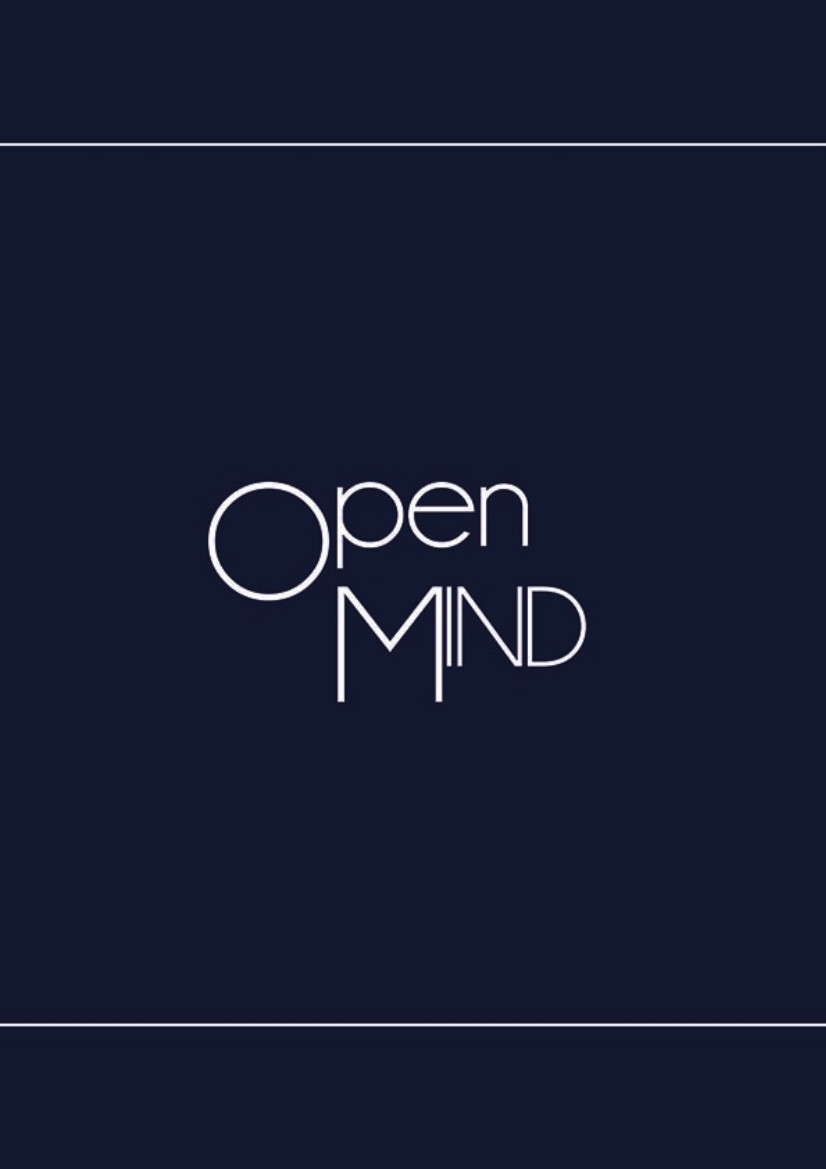Gene Kogan, Francis Tseng: Machine Learning for Artists (2016–)
Filed under handbook | Tags: · art, artificial intelligence, code, deep learning, generativity, language, machine learning, neural networks, programming, software, style

“This is an in-development book about machine learning. The first draft is expected early-2017. Some chapters are nearly complete, some are very rough, some are just stubs.
Guides and Demos are being released as we go. Guides are a collection of practical resources for working with machine learning software, including code and tutorials. Demos are are a collection of figures and interactive demos for highlighting important concepts in machine learning, and supplementing the book’s materials.”
Chapters (HTML)
Guides (HTML, Python)
Demos (HTML, Javascript)
Thomas Metzinger, Jennifer M. Windt (eds.): Open Mind (2015)
Filed under book | Tags: · brain, cognition, cognitive science, consciousness, ethics, knowledge, memory, mind, neural networks, neurophysiology, neuropsychology, neuroscience, perception, philosophy, thinking

Open Mind is an open access collection of 39 original research publications on the mind, brain, and consciousness.
The contributions were written by 92 junior and senior members of the MIND Group, including internationally renowned researchers working in various areas of philosophy, psychology, cognitive neuroscience and neuroethics. The collection commemorates the 20th meeting of the group.
Thomas Metzinger founded the MIND Group in 2003 to provide young German philosophers with a platform that would help them establish contacts in the international research community and participate in the latest developments in contemporary philosophy of mind. An ever-changing group of advanced undergraduate students, doctoral candidates, and young researchers from different countries meets twice a year in Frankfurt am Main.
Publisher MIND Group, Frankfurt am Main, January 2015
Open Access
ISBN 9783958571020
c1578 pages
Project website
Book announcement
Individual papers (HTML, PDF, EPUB)
single PDF (78 MB)
single EPUB (284 MB)
Luciana Parisi: Contagious Architecture: Computation, Aesthetics, and Space (2013)
Filed under book | Tags: · abstraction, aesthetics, algorithm, architecture, cognition, computation, computing, cybernetics, design, evolution, feedback, infinity, information, interaction design, knowledge, media, metaphysics, networks, neural networks, philosophy, processing, randomness, sensors, software, space, temporality, time, topology, variation

“In Contagious Architecture, Luciana Parisi offers a philosophical inquiry into the status of the algorithm in architectural and interaction design. Her thesis is that algorithmic computation is not simply an abstract mathematical tool but constitutes a mode of thought in its own right, in that its operation extends into forms of abstraction that lie beyond direct human cognition and control. These include modes of infinity, contingency, and indeterminacy, as well as incomputable quantities underlying the iterative process of algorithmic processing.
The main philosophical source for the project is Alfred North Whitehead, whose process philosophy is specifically designed to provide a vocabulary for “modes of thought” exhibiting various degrees of autonomy from human agency even as they are mobilized by it. Because algorithmic processing lies at the heart of the design practices now reshaping our world—from the physical spaces of our built environment to the networked spaces of digital culture—the nature of algorithmic thought is a topic of pressing importance that reraises questions of control and, ultimately, power. Contagious Architecture revisits cybernetic theories of control and information theory’s notion of the incomputable in light of this rethinking of the role of algorithmic thought. Informed by recent debates in political and cultural theory around the changing landscape of power, it links the nature of abstraction to a new theory of power adequate to the complexities of the digital world.”
Publisher MIT Press, 2013
Technologies of Lived Abstraction series
ISBN 0262018632, 9780262018630
392 pages
For a New Computational Aesthetics: Algorithmic Environments as Actual Objects lecture by Parisi (2012, video, 72 min).
Reviews: Lecomte (Mute, 2013), Ikoniadou (Computational Culture, 2014).
PDF (24 MB, updated o 2021-10-28)
Comments (2)
